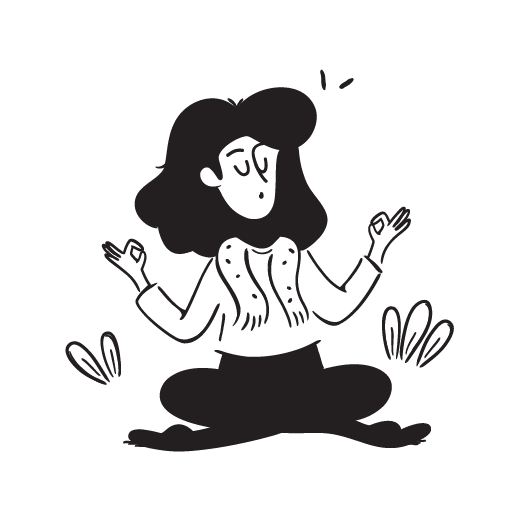Practice for your interview with a big list of sample questions - all for free. Start practicing now.

Videoath Verified.
We routinely check on our resources to ensure they're up to date and continue to be a good reference.
Trusted by 6751 others.
You're in good company. We update this counter to let you know who else completed the prompt.
Review Peer Responses
Preview de-identified and anonymized peers interview responses, providing a rich source of inspiration and insights to refine your own answers.
General Breakdown
Offers an in-depth analysis of interview prompts, providing critical insights such as difficulty level, competencies assessed, and strategic tips. Coming soon!
Expert Response
Watch and learn from experts. Coming soon.
Response Walkthrough
Step-by-step review of good, better, and excellent responses so you know exactly what parts of your responses get you a higher score. Coming soon.
Aggregate Response Score
Compare your response to 100s of peer responses. Coming soon.
Score Breakdown
See how prompts are broken down and reviewed across 1000s of applicants. Coming soon.
You are spending your evening as a volunteer in the hospital. It is late and you see a number of staff duck into the supply closet with an empty bag and reappear in a few minutes with it appearing full. You have heard other staff members discussing that supplies are missing on a regular basis that cannot be accounted for. After observing the actions of the other staff members, what do you do?
You are a genetic counsellor. One of your clients, Linda, had a boy with a genetic defect that may have a high recurrence risk, meaning her subsequent pregnancies has a high chance of being affected by the same defect. You offered genetic testing of Linda, her husband, and their son to find out more about their disease, to which everyone agreed. The result showed that neither Linda nor her husband carry the mutation, while the boy inherited the mutation on a paternal chromosome that did not come from Linda's husband. In other words, the boy's biological father is someone else, who is unaware that he carries the mutation. You suspect that Linda nor her husband are aware of this non-paternity. How would you disclose the results of this genetic analysis to Linda and her family? What principles and who do you have to take into consideration in this case?
Your friend is of Chinese descent and fluent in Mandarin. You both want to get into medicine. She registers for Mandarin 101, a course in Chinese language for beginners. The course coordinator asks that students who can already speak just a little bit of Mandarin should leave because this is a course for beginners. Your friend remains but makes a sufficient number of deliberate mistakes in the classroom discussions, in the required homework and in the examinations that she will not be detected and yet still receive an excellent grade. What would you do in this situation?
An athlete who is training for the Olympics admits that he is using anabolic steroids and asks you to monitor his liver function. He would prefer to be under your care, as you are his family physician and you know his history. However, he states that if you do not agree, he will go to a walk-in clinic. Discuss the ethical issues in this case.
Mrs. Jones has signed a donor card indicating that she is willing to donate her body to science without notifying her husband and son. She gets into an accident and it is determined that she is brain dead. The family doctor, who is on call that afternoon, reviews the chart and determines that she would be perfect for medical students to practice the removal of organs for transplantation purposes. The doctor then talks to the family to discuss the procedure and to confirm their consent. They both oppose the procedure and refuse to allow their doctor to move forward. The doctor points out that Mrs. Jones could be helping hundreds of people by educating the medical students and that technically consent has already been provided. The husband understands how beneficial the educational experience is but is too emotional to allow them to continue. The son, a medical student, refuses because he knows the bodies are not treated with dignity. If you were the doctor, how would you proceed? Why?
Learn from Great Responses









